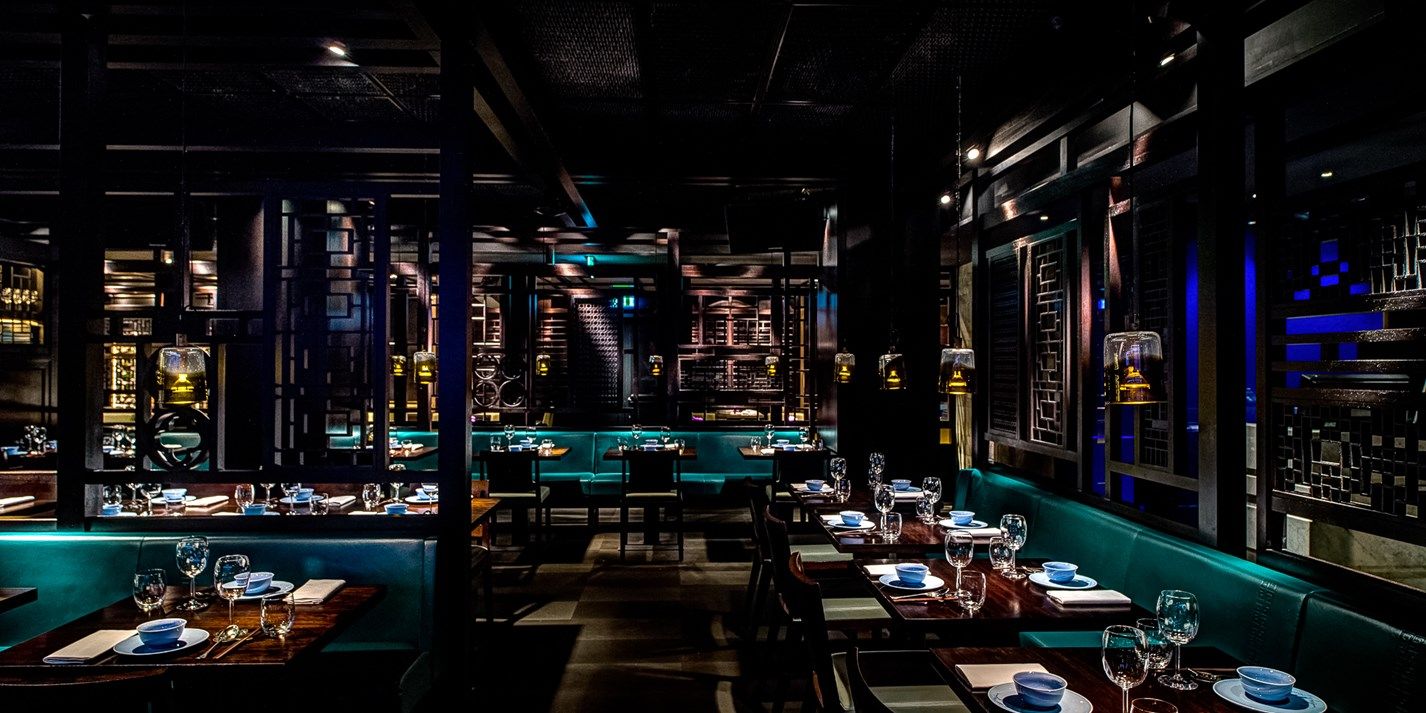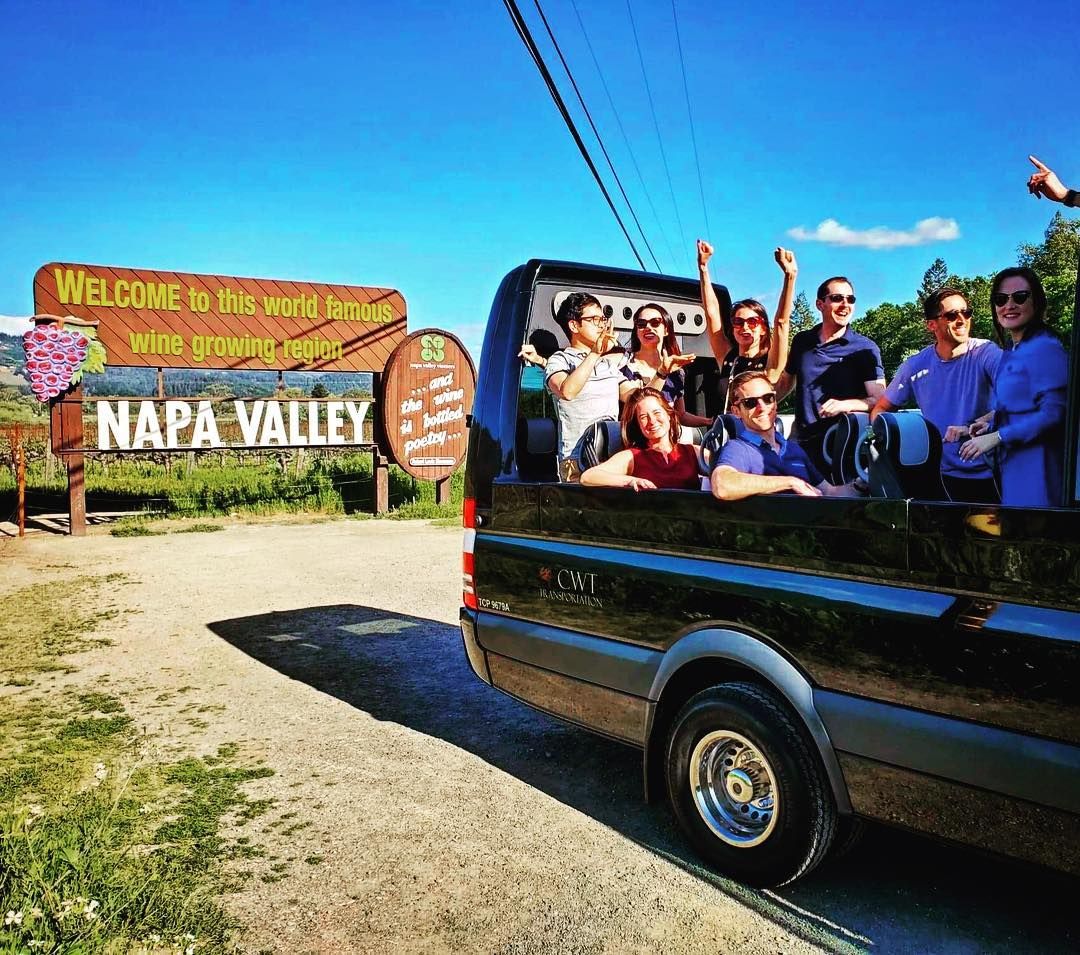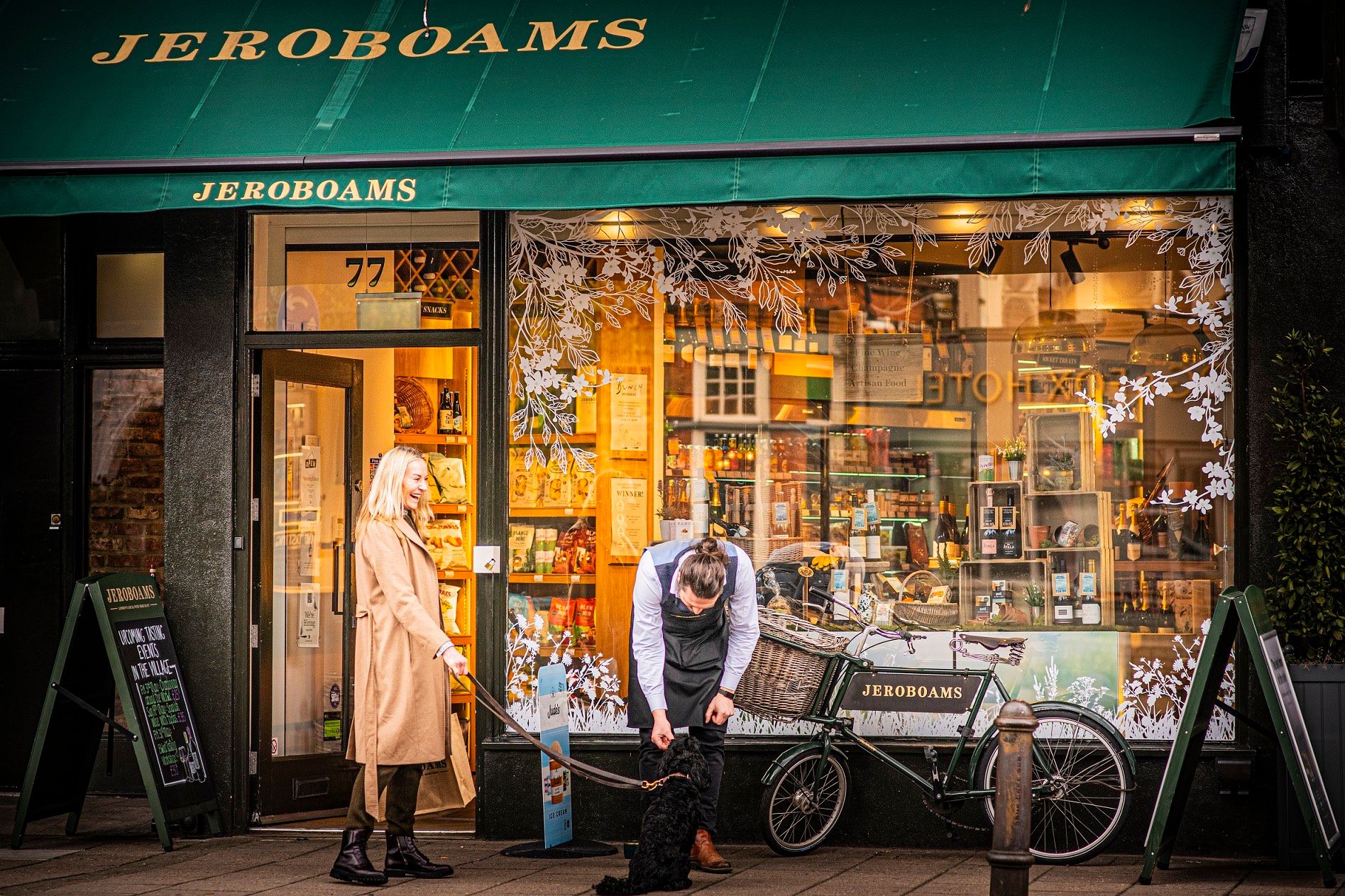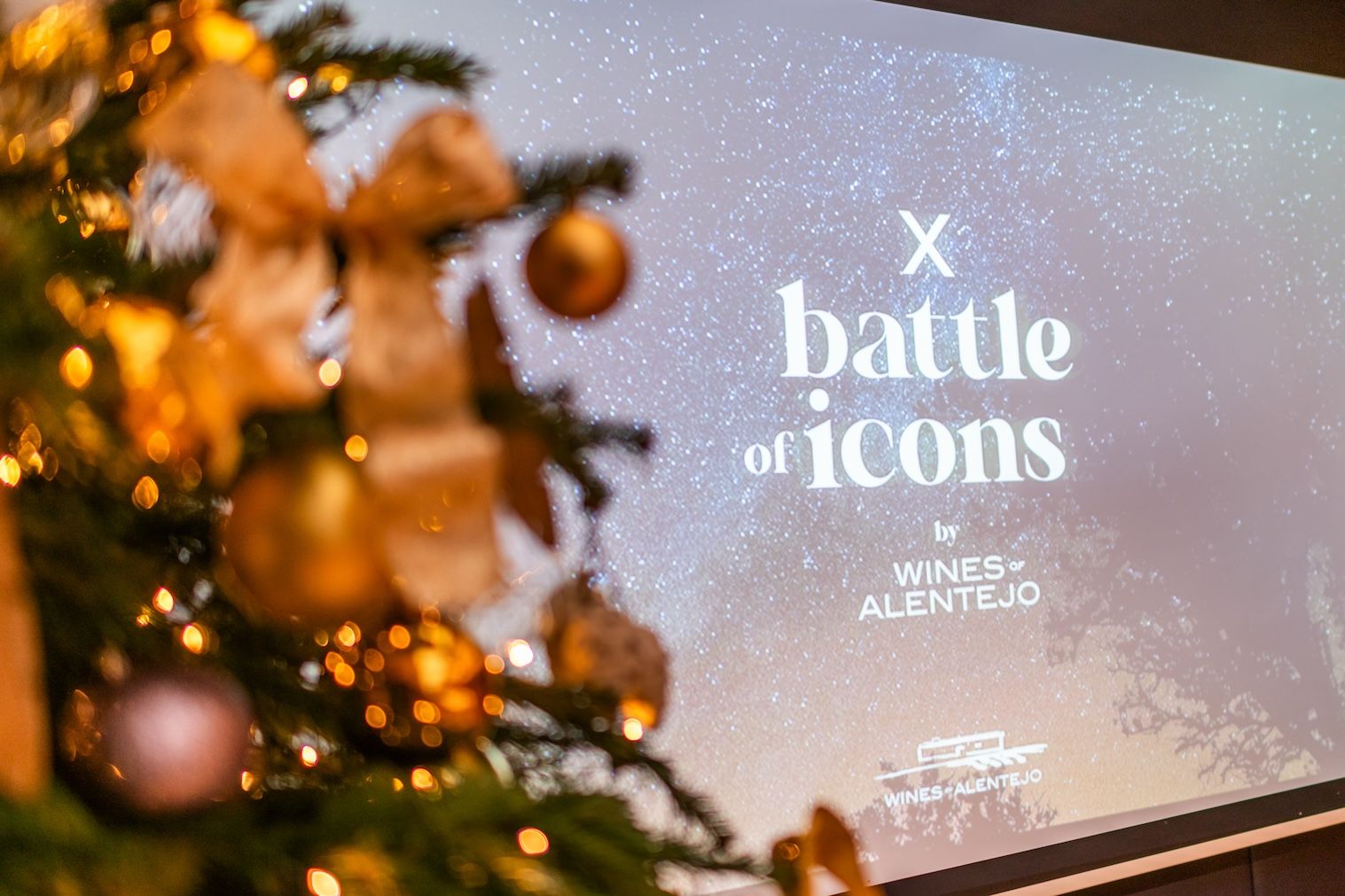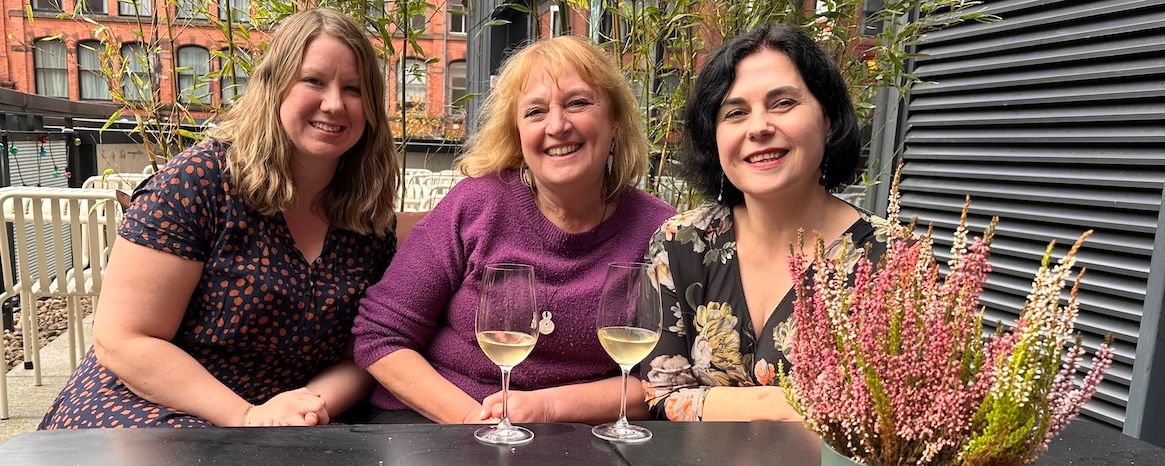Choosing wine for one wine restaurant is taxing enough, doing so for over 60 outlets, of spread right across the world covering different time zones, cultures and wine drinking trends and palates sounds like a nightmare. But it’s a daily job for Hakkasan Group’s Christine Parkinson.
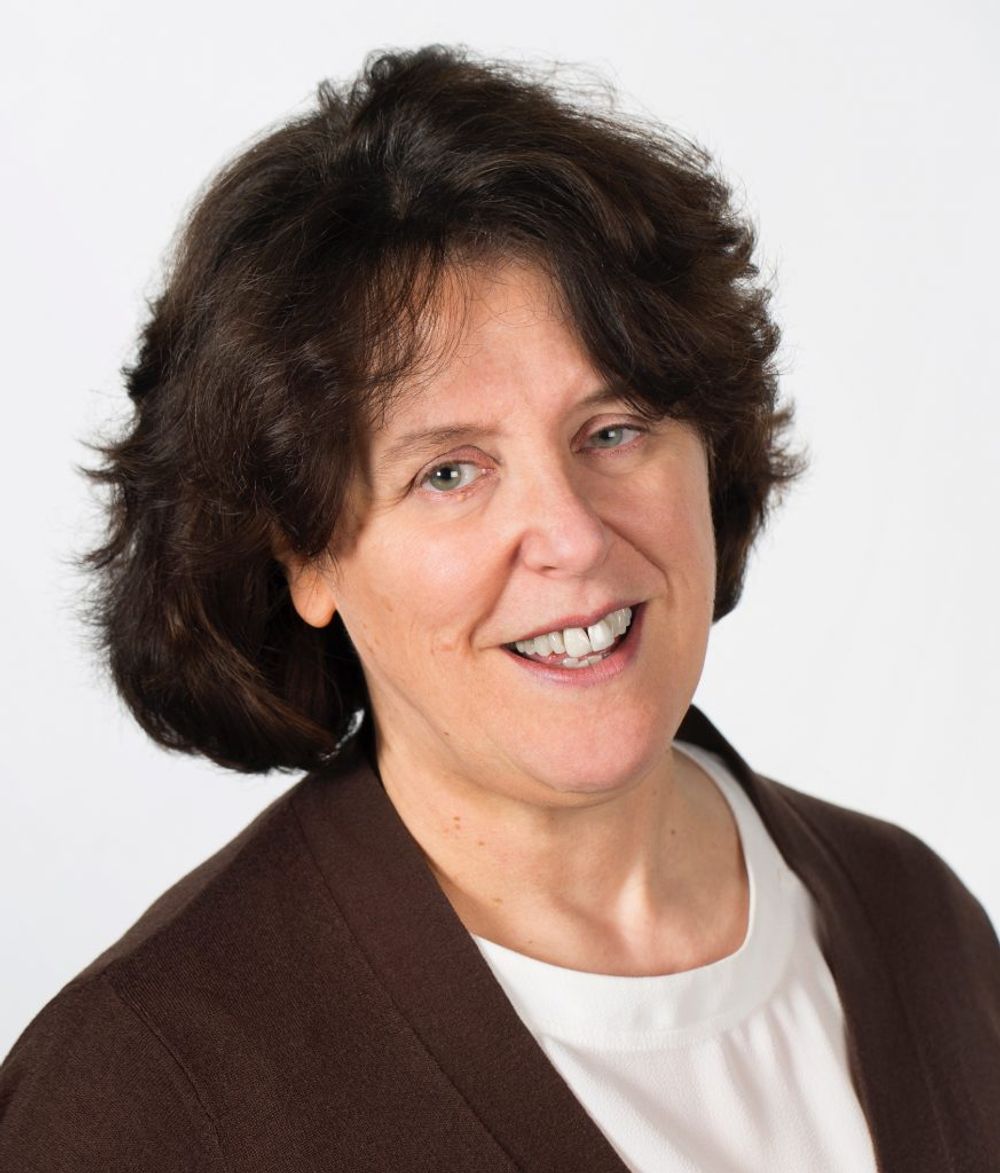
Christine Parkinson has been the head of wine at the highly influential, premium Asian restaurant, Hakkasan, ever since it first opened its doors in London in 2001. She is now responsible for wine purchasing across the global group, which includes 13 Hakkasan restaurants., spread far and wide from Saudi Arabia, to Jakarta, via Shanghai, Mumbai, San Francisco, Miami and New York.
She maintains, in a modest fashion, that the role is not as grand as it sounds. Rather it is all about setting the standards and processes by which the company buys its wine. Designing the framework of how wine is bought across the group, which for Parkinson, means scoping out the potential supply base and likely education of the teams in each outlet, and then ensuring they have the right people locally to carry through her objectives and vision.
The ‘Tuesday Tasting’ is one such protocol established across the Hakkasan Group. Around the globe, it may not be a Tuesday and they may not be tasting the same wines, but the standards of tasting and pairing with broad food styles (mild, savoury, sweet and spicy) and the scoring system from ‘out’ (not for consideration) to ‘pass plus’ (a great match) are the same.
In a rare opportunity, I was able to sit with Parkinson and her ‘Tuesday Tasting’ selection committee in London to identify wine candidates for the Hakkasan Group list in the UK. I was lucky enough to taste with James Doughty, head Sommelier at Sake No Hana, Mayfair, Chris Stradling, senior sommelier at Yauatcha Soho, Jose Hernandez, head sommelier at Hakkasan Mayfair and Helen Williams, wine team assistant and Parkinson herself.
For Parkinson the process is an inclusive one, where at the bear minimum everyone has a say. She may make the final decisions, but she insists wine buying is a culture not an autocratic judgement.The history of these tastings has emerged organically from processes formed when the founder and serial restauranteur Alan Yau OBE was still involved in the group. These gentle, yet considered protocols are reflected in their inclusive approach across the Hakkasan Group today.
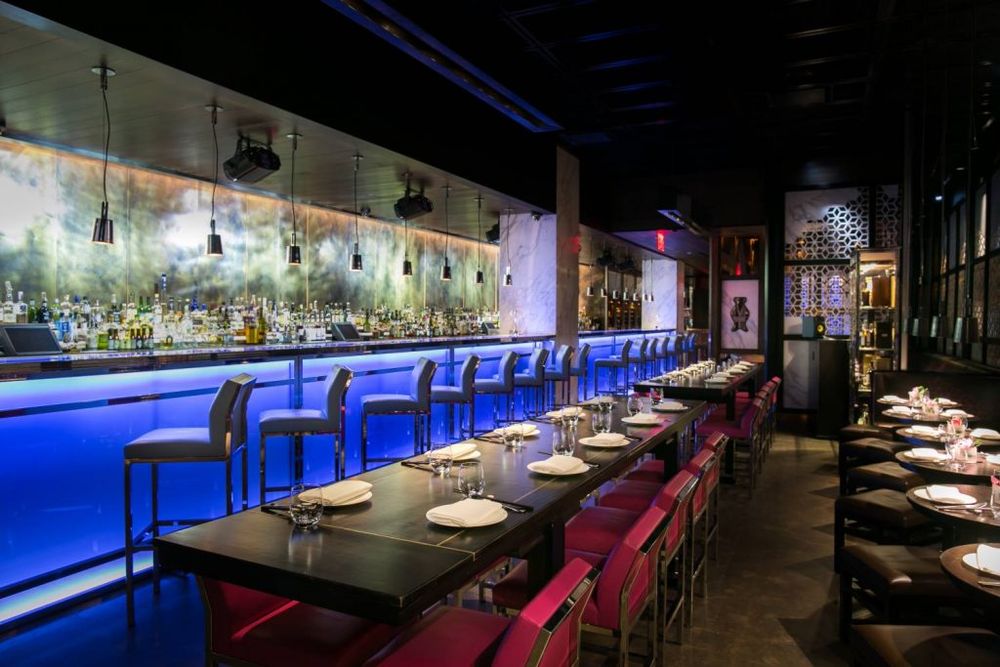
Hakkasan now has restaurants in 13 cities around the world like here in New York
Global scale
The overall group might have suffered well publicised losses in 2017, with turnover down from $338m in 2017 to $313.6m in 2017, but still has operations right across the world from China to the US, the Middle East, north Africa, India and Europe. They are all positioned at the premium and luxury end of the market and are divided into three divisions: Asian Luxury; Social Dining; and Nightlife & Daylife. The UK ‘brands’ include Hakkasan, Yauatcha, Sake No Hana (meaning sake flower). The centre of the group is the Asian Luxury core of restaurants.
Designing the framework to build wine and drinks lists to cover that global network requires a careful and thorough approach. Norway to Morocco for example is a huge cultural difference, each of which needs respecting in careful ways. In Norway there is seemingly never enough fine Burgundy and Bordeaux to satisfy the market; whereas in Morocco local wine production is an important part of the mix. So being able to respect and research local culture and tastes is an important part of the selection process.
It’s why the Hakkasan Group has considerable on the ground help and support from local representatives that can advise it on local customs and how to build the right relationships with suppliers. Parkinson has developed a range of questions to ask for when the group enters a new market, but says that is constantly changing as each country offers new challenges and opportunities and issues you would not have thought of.
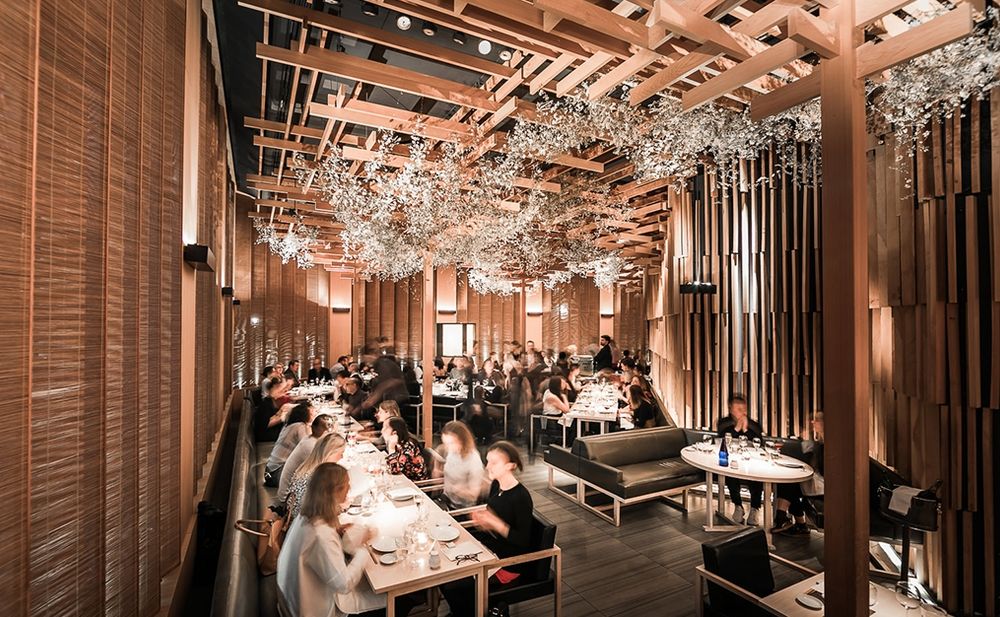
Parkinson helps set out the buying parameters for all the brands in the group like Sake No Hana
These are elemental questions such as how is wine practically imported into the country, where are the key shipping and delivery points, what are the local taxes and tariffs and, she adds, crucially, what are the local employment laws and how qualified is the new workforce?
Not surprisingly the group works closely with any local Wine & Spirit Education Trust programmes as well as providing their own in-house courses. Within the London tasting team both Doughty and Parkinson have progressed to become authorised WSET educators in the UK, Hernandez has one more part to complete and Williams is just starting the process. In the US, Hakkasan is able to tap into the strong network of sommeliers and most prospective candidates will have already taken their sommelier exams, or be a part of or training to be accepted into the Court of Master Sommeliers.
Working across the world also means being on top of very different local supply chains. In Norway and Qatar, for example, all alcohol sales are run by the state monopoly, not the restaurant sector; in Dubai there are two distributors, who are not really competitors; Abu Dhabi used to have four and now eight main suppliers; and the US has the three tier distribution system.
Driving innovation and creativity
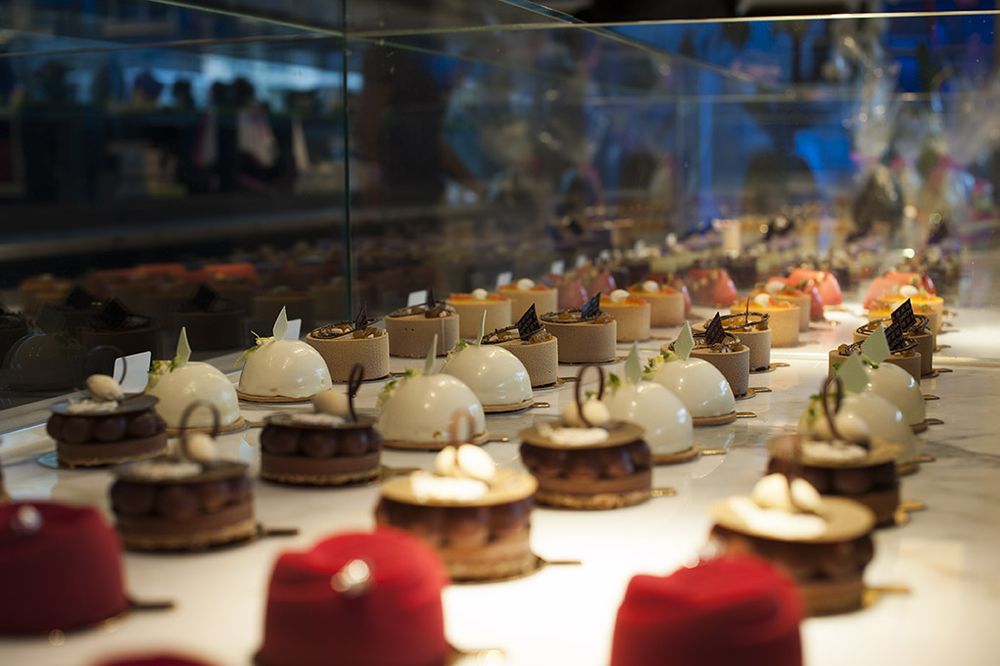
Parkinson helped create a special sweet dessert drinks list, the Liquid Sweet shop at Yauatcha Soho
It is not all just about getting the dry stuff right, there is also so much opportunity for innovation and bringing the right wines to the right consumers in each market. The Liquid Sweet Shop is one such innovation, which is particularly well highlighted in Yauatcha, which is essentially a centre of patisserie and sweet meat excellence. It made sense for Parkinson – about eight years ago – to bring all the alcoholic and non-alcoholic sweet drinks together. It has progressed to become a great way to introduce customers to the diversity and quality of dessert wines and drinks that they may not have previously considered.
Non-alcoholic drinks are another area of innovation. Particularly as it operates in so many parts of the world where there is little, or no alcohol sales. Parkinson and her team have looked to create different non-alcoholic restaurant solutions for this growing sector, like developing Hakassan’s own Kombucher. To do so included hiring a test kitchen and looking at the whole brewing process right down to brewing times to get the right precision brewed tea, which they have now produced their own bottled version of.
There is also a direct-from-vineyard-sourced grape juice from Fred Loimer and Ogam, a French wood infused carbonated water.
How to become a Hakkasan supplier?
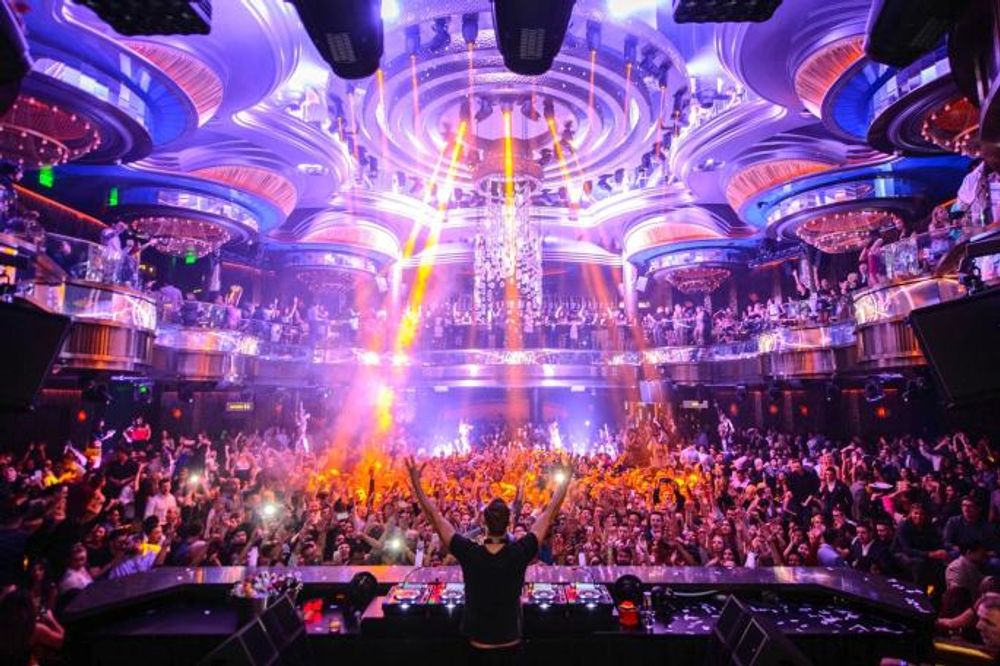
Hakkasan has evolved into creating a premium nightclub experience like here in Las Vegas
So how do you breakthrough and get your wines on the Hakkasan list? Parkinson’s primary advice is for producers to recruit a good distributor. It might sound obvious but is is where so many producers fall down. If you know where you want to be sold you have to find a distributor that is selling in those places. It is simply no use working with one that specialises in selling to supermarkets. Mapping out the supply route is critical, she says, to a successful search for the right distribution partner.
That’s just the beginning. The next step is to get your pricing right. Parkinson says she has spent many times analysing products and often the background is right, but then, at the last hurdle, the pricing lets it down. A good distributor should be able to position a wine correctly. Different markets have different challenges and benchmarks when it comes to pricing, so producers and distributors have to be open, flexible and listen to the demands of the restaurant buyer.
It is one thing getting the wines on the list, Parkinson, is particularly keen to work with producers and distributors that will then provide the resources, the samples, the staff, the boots on the ground commitment to make them sell.
Outside of wine, exchange rates and staffing are the two biggest areas of concern for Parkinson. Particularly with Brexit looming on the horizon.
In a nutshell…
The drinks alcohol distribution market is complex and detailed, particularly for a group like Hakkasan looking to work in different markets around the world. But work with the right ones and they are highly skilled and have vast experience to make it work. Equally consumers and diners the world over are always looking for new things and ideas that spark their imagination. It’s a hotbed of risk and reward, fun and passion. The Hakkasan Group has evolved a system which serves not just its London restaurants, but its global group. Now that takes some doing!
- Alistair Morrell, aka The Wine Inspector, offers strategic marketing and communications for the drinks industry. Having bought and sold millions of bottles of wine on and for the UK market over 30 years, Morrell now helps others achieve their market objectives. You can find out more here www.thewineinspector.co.uk and follow him on @inspectorwine. Morrell also writes a regular monthly column for The Buyer on different aspects of managing, running and building a business.
